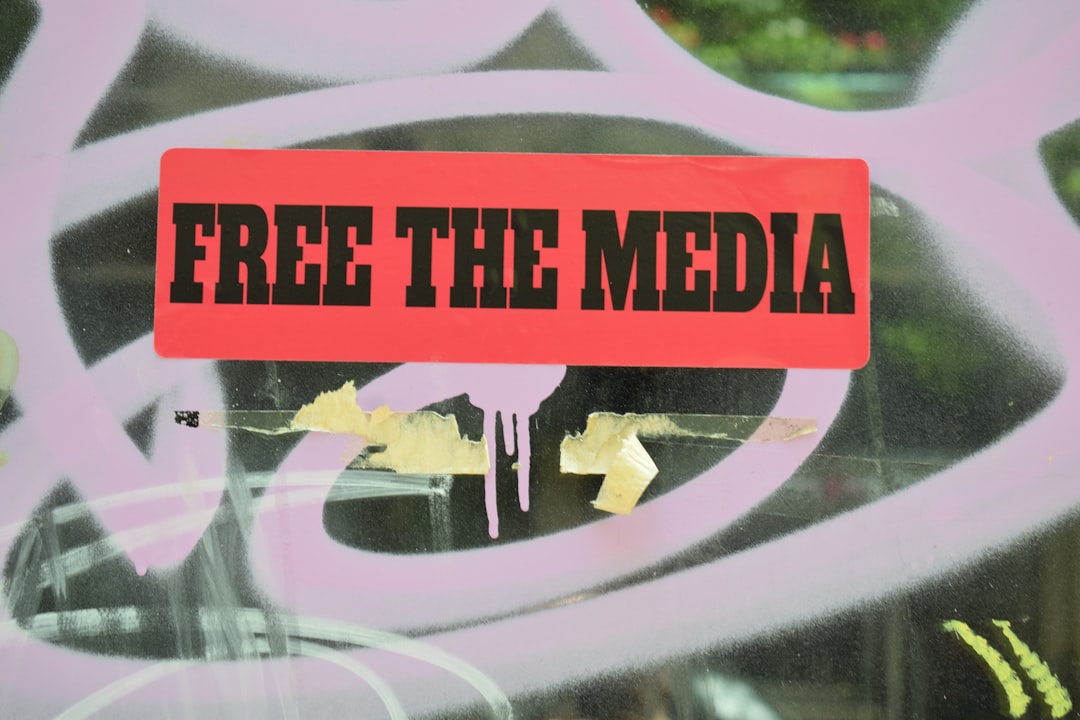Diversity and inclusion (D&I) are more than just buzzwords—they are essential components of effective and ethical marketing strategies. In influencer marketing, embracing D&I means authentically representing a wide range of voices and perspectives, which can deepen audience connections and enhance brand reputation. This post explores how brands can go beyond buzzwords to implement genuine diversity and inclusion in their influencer marketing campaigns.
Understanding Diversity and Inclusion
What is Diversity?
Diversity encompasses the range of human differences, including but not limited to race, ethnicity, gender, sexual orientation, age, social class, physical abilities, and religious or ethical values. In influencer marketing, diversity means featuring influencers from various backgrounds and experiences to represent a broad spectrum of identities.
What is Inclusion?
Inclusion is about creating environments where diverse individuals feel valued, respected, and able to contribute fully. In the context of influencer marketing, inclusion involves ensuring that all influencers have equal opportunities to collaborate, share their stories, and connect with audiences, regardless of their backgrounds.
The Importance of D&I in Influencer Marketing
Reflecting Your Audience
A diverse and inclusive influencer strategy ensures that all segments of your audience see themselves represented in your brand. This reflection builds trust and loyalty, as consumers feel seen and valued by brands that understand and celebrate their identities.
Enhancing Authenticity
Authenticity is a cornerstone of successful influencer marketing. By partnering with a diverse group of influencers, brands can share a richer tapestry of stories and perspectives, enhancing the authenticity and relatability of their content.
Driving Social Impact
Brands that prioritise D&I can play a significant role in promoting social equity. By amplifying underrepresented voices, brands contribute to broader societal change and demonstrate their commitment to social responsibility.
Strategies for Implementing D&I in Influencer Marketing
Conduct a Diversity Audit
Start by assessing your current influencer partnerships. Conduct a diversity audit to understand the representation within your existing campaigns. Identify gaps and areas where you can improve to ensure a more inclusive approach.
Partner with Diverse Influencers
Actively seek out influencers from diverse backgrounds. Use influencer marketing platforms that highlight diverse creators or work with agencies specialising in diverse talent. Ensure your selection process is inclusive, considering influencers from various demographics and experiences.
Create Inclusive Campaigns
Develop campaigns that resonate with a diverse audience. This means not only featuring diverse influencers but also creating content that reflects a variety of cultural, social, and personal experiences. Avoid tokenism by ensuring that diverse influencers are integral to the campaign narrative.
Foster Long-Term Relationships
Building long-term partnerships with diverse influencers demonstrates a genuine commitment to inclusion. These relationships allow influencers to become true brand ambassadors, providing continuous and authentic representation.
Promote Inclusive Brand Values
Ensure that your brand values align with your D&I efforts. Promote these values through your messaging and actions. Transparency about your commitment to diversity and inclusion helps build credibility and trust with your audience.
Measure and Adapt
Regularly measure the impact of your D&I initiatives. Use metrics such as engagement, audience sentiment, and influencer feedback to assess the effectiveness of your efforts. Be open to feedback and ready to adapt your strategies to improve inclusivity continually.
Conclusion
Embracing diversity and inclusion in influencer marketing goes beyond mere buzzwords; it’s about authentically representing and valuing a wide range of voices. By conducting diversity audits, partnering with diverse influencers, creating inclusive campaigns, fostering long-term relationships, and promoting inclusive values, brands can build stronger, more meaningful connections with their audiences. Committing to D&I is not only the right thing to do but also a powerful strategy for driving engagement and loyalty.
Discover Our Latest Insights


South Korea’s New Rule: Mandatory Labels for AI-Generated Advertisements

Rage Bait: The Unwanted Word of the Year That Reflects Our Digital Reality
Ready to reach new heights?
For every 1$ you spend on influencer marketing, your brand earns $5.20 in ROI.
Kickstart your influencer marketing-led social-first advertising strategy.
